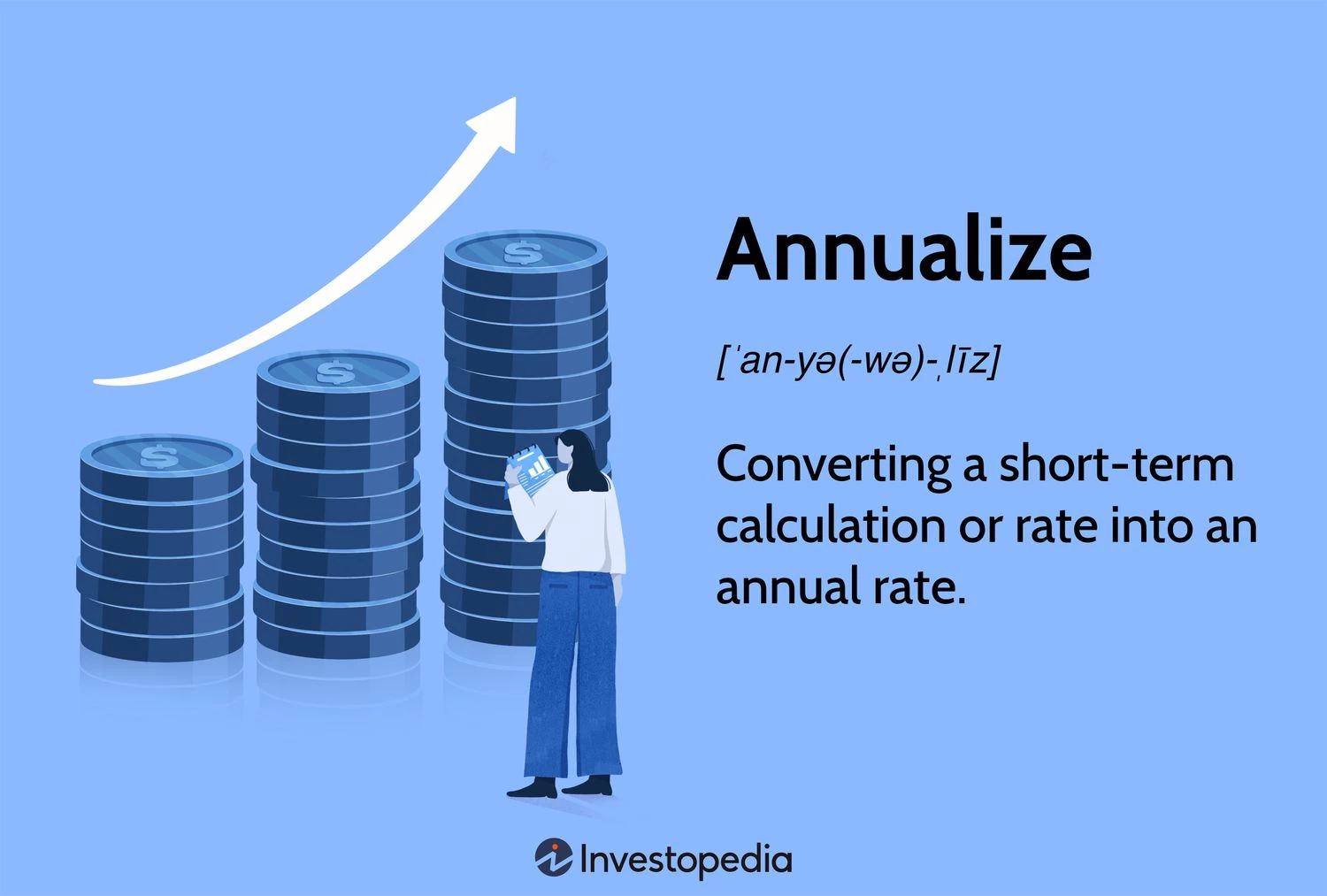Definition and Illustrations of Alternative Investments
Alternative investments are financial assets that deviate from traditional investment categories like stocks, bonds, and cash. Examples of alternative investments include private equity, hedge funds, real estate, commodities, art, and collectibles. These investments offer diversification beyond conventional assets. Real estate is also commonly classified as an alternative investment.
Understanding Alternative Investments
Alternative investment assets are often favored by institutional or accredited investors due to their complexity, lack of regulation, and higher risk. They typically require higher minimum investments and have elevated fee structures compared to mutual funds and ETFs. Alternative investments may have limited performance data and advertising opportunities. While they were historically aimed at institutional investors, retail investors now access them through alternative funds.
Types of Alternative Investments
Real Estate
Investing in physical properties or property-based securities characterizes real estate as an alternative investment. Investors aim for capital appreciation and stable cashflow from operating income in this asset class.
Commodities
Commodities like gold, silver, and oil provide tangible investment options with intrinsic value and perpetual demand driven by their industrial and store-of-value applications.
Farmland
An amalgamation of real estate and commodities, farmland investments offer tangible land assets that can generate ongoing cash revenue from agricultural operations.
Art and Collectibles
Investing in art, sports memorabilia, or collectibles can blend passion with potential returns, as these items may appreciate in historical or emotional significance over time.
Cryptocurrencies
Digital currencies like cryptocurrency offer an unconventional investment avenue outside traditional assets. While some view them as non-hedge assets, they can provide capital appreciation or passive income opportunities.
Venture Capital/Private Equity
Venture capital and private equity investments represent a specialized form of stock investments involving capital infusion into private companies or start-ups, distinguished by their private market nature.
Peer-to-Peer Lending
Peer-to-peer lending offers investment opportunities by enabling individuals to lend to other individuals or businesses through online platforms, akin to bond investments but with higher risk and potential returns.
Alternative investments encompass a broad range of assets outside the traditional stocks, bonds, and cash investments, offering diverse paths to building a robust investment portfolio.
Regulation of Alternative Investments
Alternative investments face challenges due to limited regulations, making them susceptible to investment scams. They operate under the Dodd-Frank Act but generally lack SEC oversight compared to mutual funds and ETFs.
Extensive due diligence is recommended for investors considering alternative investments, as registration requirements are less stringent. Accredited investors, including high-net-worth individuals and financial professionals with specific licenses, often have exclusive access to alternative offerings.
Advantages and Disadvantages of Alternative Investments
Pros
- Diversification benefits
- Higher return potential
- Inflation protection
- Specialty investment options
- Less liquidity for stability
Cons
- Higher fees and costs
- Elevated risk levels
- Lack of transparency
- Complexity may be challenging for novice investors
- Illiquidity
Pros of Alternative Investments
Alternative investments offer diversification advantages by having low correlations with traditional assets, potentially reducing overall portfolio risk. They also present higher returns and varied structures to cater to different investor preferences and goals.
Investors benefit from access to unique markets through alternative investments, providing niche opportunities for diversification and appealing to individual preferences and risk appetites.
Cons of Alternative Investments
Due to limited accessibility, alternative investments often incur higher fees than conventional assets like stocks and bonds. They can be illiquid, complicating quick asset sales and potentially leading to high transaction costs.
Alternative investments, often less regulated than public securities, face challenges in transparency and valuation, potentially exposing investors to higher risks and complex decision-making processes.
Embark on your alternative investment journey by exploring the diverse advantages and disadvantages these unique assets offer to build a well-rounded investment portfolio.
How Can Alternative Investments Be Useful to Investors?
Investors seek alternative investments for their low correlation with traditional markets, providing potential value retention during market downturns. Assets like gold and real estate offer essential protection against inflation, attracting institutional investors looking to diversify their holdings.
Tax Implications of Alternative Investments
Alternative investments come with unique tax structures distinct from traditional investments, necessitating careful consideration of their tax implications and income types.
Certain alternative investments, such as art and collectibles, may lack tax benefits enjoyed by traditional assets like stocks and bonds, with unique tax rates such as a 28% maximum on net capital gains for specific collectibles.
Real estate and energy alternative investments may offer tax-deferred or tax-free options, like 1031 exchanges and Opportunity Zone investments, enabling investors to optimize tax efficiency and preserve their returns.
Seek guidance from financial and tax advisors to navigate the intricate tax landscape related to alternative investments effectively and ensure optimal asset protection.
What Are the Key Characteristics of Alternative Investments?
Alternative investments are notable for their high fees, minimum investment thresholds, lower transaction costs, and limited liquidity, making them distinct from traditional securities and requiring thorough research and evaluation by investors.
What Are the Regulatory Standards for Alternative Investments?
Regulatory standards for alternative investments are less defined than those for traditional securities. While subject to SEC regulations, most alternative investment offerings cater to institutional or high-net-worth accredited investors due to relaxed registration requirements.
Explore the diverse opportunities alternative investments offer while navigating the nuanced regulatory landscape to make informed investment decisions.
The Bottom Line
Alternative investments carve out a unique niche in the investment landscape, offering diversification, higher returns, and a broad range of assets like real estate, commodities, and cryptocurrencies. While less liquid than traditional assets, they present enticing opportunities for investors seeking unconventional paths to financial growth.





